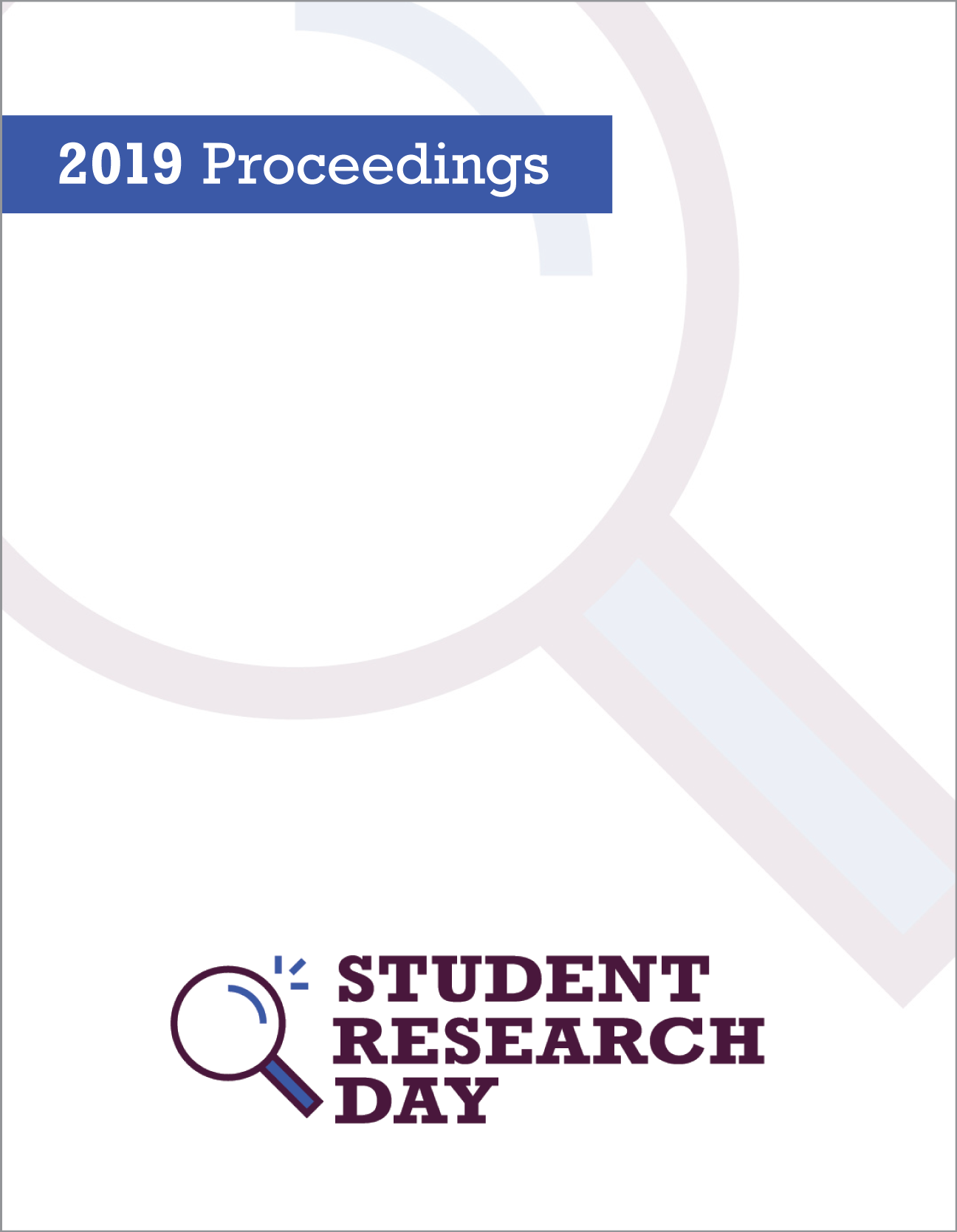Unknown Cost: The Psychological Implications of Animal Rescue
Abstract
For the hundreds of thousands of animals abandoned throughout Canada each year (Canadian Federation of Humane Societies, 2017), animal rescue workers are literal life-savers. Rescuers dedicate considerable time and energy to ensure that animals are safe, healthy, and sheltered, often with minimal funding. While the positive implications of animal rescue work are often discussed, the personal costs are under-researched. Our study aims to investigate the relationship between animal rescue work and individual mental health. Workers and volunteers from animal rescue organizations throughout Western Canada will be invited to complete a self-report survey detailing their relevant roles, time spent with animals, approaches to coping and self-care, and perceived social support. The survey will also include various psychological measures of depression, anxiety, trauma, compassion fatigue, and compassion satisfaction. We predict: (1) some rescue-related tasks will have a stronger relationship with psychopathology than others, e.g. individuals who physically retrieve animals from unfavorable circumstances will experience more symptoms of trauma, anxiety, and depression compared to those who are responsible for animal enrichment and training, (2) that individuals with lower levels of perceived support will score more highly on psychopathology measures, and (3) those who spend more time engaged in rescue work will have higher levels of both compassion satisfaction and compassion fatigue.
Faculty Mentor: Eric Legge
Department: Psychology (Honours)
References
Published
Issue
Section
License
Authors retain any and all existing copyright to works contributed to these proceedings.



